|
Photo Credit: ©Abed Ismail "Awe is the feeling of being in the presence of something vast that transcends your current understanding of the world." -Dacher Keltner, Awe: The Science of Everyday Wonder and How it Can Transform Your Life Less than ten days ago on Easter Sunday, thousands gathered along the miles-long Wrightsville Beach in North Carolina to witness the breathtaking sunrise. Today, something very similar is happening as towns along the path of the solar eclipse prepare for crowds eager to witness the rare spectacle of the moon covering the sun in broad daylight. Spiritual leaders suggest that this unique event presents an opportunity for personal growth, as the veil between worlds opens, allowing us to release what no longer serves us and manifest our desires. Photo Credit: © Susan Allison-Dean During the pandemic, our usual activities like concerts, shopping, and going to school or work were severely restricted. The confinement and fear of indoor spaces triggered a survival response within many of us, known as biophilia-a desire to commune with nature.
As pandemic restrictions eased, people flocked to parks - local, state, and national. By 10 am, parks were already declaring themselves "Full" or "At Capacity" on social media. Yellowstone reported soaring attendance up by 30 percent. Could the solace people found in Mother Nature during difficult times be fueling the increasing desire to immerse ourselves in the natural world? Do these remarkable events—stunning sunrises, rare cosmic phenomena, and vibrant spring blooms—have a profound impact on our minds, bodies, and souls? The science says yes. We think so too. Share your thoughts on how these recent celestial events are impacting you in the comments below. We would love to read them! Dr. Donna Gaffney is a psychotherapist, author, and nurse researcher focused on mental health. Her latest book, "Courageous Well-Being for Nurses: Strategies for Renewal" (Johns Hopkins Press), is packed with tips to boost your well-being—even if you're not a nurse. Susan Allison-Dean is a Board Certified Advanced Holistic Nurse, Writer and Cetacean advocate. Want to develop a deeper connection with nature? Check out her offerings at www.TheNatureNurse.com
0 Comments
The word is out. Walking has so many health benefits that countless people are now incorporating this form of exercise into their day. Now that Spring is in the air in the Northern Hemisphere, we have an opportunity to add some extra pep to our steps with these three tips. One: Learn about the medicinal herbs that are growing along your walking path. For example, just this morning I picked some purple dead nettles which when boiled in water to make tea can have diuretic, anti-inflammatory, anti-fungal, and anti-bacterial effects. (1) Before harvesting any plants for medicinal use, be sure to consult with a certified Herbalist and your licensed healthcare team to ensure that it is safe for you to use. Two: Take notice and appreciate the emergence of Spring. We all get hijacked by stress, but taking time to slow down and connect with our natural world has been shown to have significant stress-reducing benefits. (2). If you walk the same path regularly, notice how the tree branches begin with simple buds along their branches. In a day or two those buds may begin to swell. As the temperature warms and daylight extends, a leaf may begin to unfurl before your eyes. Ask yourself, how are you choosing to emerge this Spring season? Can you extend yourself some grace as you notice that the natural environment around you recreates itself slowly, not all at once? Three: Add an evening walk to your day. A morning walk within an hour of waking has a profound impact on regulating our circadian rhythm which can significantly help us sleep well. (3). As daylight increases, we have the opportunity to add a walk to the end of our day. Not only will we improve our digestion (4), but if we time it right, we may get to experience the awe of a magnificent sunset. Want to learn more about how walking with Nature can enhance your holistic health? Download Get In Step With Nature now LINK. Free for kindleunlimited users.
The following is not medical advice, it is information that you may find helpful in discussing with the healthcare professionals you use. Always consult with them first for any new changes in your health regimen and any health concerns you have. Remember your teenage years? All the new thoughts and emotions that began to flood our minds and bodies, but a complete lack of awareness that they were being fueled in large part by hormones?
I like to think of midlife as the adult version of that hormonal shift with the added benefits of wisdom, access to information, and being empowered to tap into the resources available. Just today another woman asked me as she joined alongside me on my daily morning walk, what else do you do besides walk? A lot of women have been turning up lately looking for guidance. It must be the silver-streaked hair, lol. What I have shared with women and I will share with you as well, is we each need to find what is best for us as individuals. Having said that, I offer women two sources that have been helpful to me as I take a nature-based, holistic approach first before I ever consider turning to pharmaceuticals or surgical interventions. Don’t get me wrong, western medicine has its place, but it is not my first go-to. The first resource I recommend is my nurse colleague, Cynthia Thurlow, NP. Cynthia is a nurse practitioner with many years of experience who is a Metabolic Health-Fasting Expert who has a plethora of information to help women navigate this time in their lives. My favorite offering is the podcast, Everyday Wellness, where she discusses research-backed information that may be helpful to us women and interviews many leading experts on this topic. To learn more about Cynthia and her menu of information visit : www.CynthiaThurlow.com The second resource I invite women to look into is also a nurse colleague, Dr. Ellen Kamhi. Dr. Kamhi is a fellow Board Certified Advanced Holistic Nurse and leading Herbalist expert who is consulted by many major herbal brands. She has been not only a fabulous source of nature-based healing information, but a true inspiration! She has been involved in Natural Medicine since 1973. Like Cynthia, she too has a plethora of information to choose from. For women navigating midlife, you may want to consider purchasing her book, The Cycles of Life: Herbs & Energy Techniques for the Stages of a Woman’s Life. To learn more about Dr. Kamhi and her other offerings, please visit: www.NaturalNurse.com Transitioning to our later years can be a time of great joy, letting go of what no longer serves us, reflecting on our accomplishments and joyous times, and embracing a new era with new opportunities to name just a few. We don’t need to do it alone, nor do we need to succumb to the cultural narrative that it is a ruthless, hard journey. Find what works for you and enjoy this new stage of life that we are fortunate to arrive at. For those looking to learn more about how connecting with Mother Nature can help you live a more joyful, vibrant awe-inspiring life, please visit my website: www.TheNatureNurse.com. Sign up for my seasonal newsletter, follow me on social media @TheNatureNurse , and/or register for my signature program: Unearth Your True Nature. Miley Cyrus recently won a Grammy for her hit song Flowers, where she poignantly shared that buying herself flowers was a form of self-love, empowerment, and healing from a relationship that didn’t work out. These are all great reasons to tap into the wellspring of joy and vibrancy that Mother Nature offers us. But, it’s not why I buy myself flowers.
My husband is happy to buy me flowers and does so on special occasions. Sometimes he will pick a flower from the garden and place it in a bud vase by the kitchen sink for us to enjoy. He knows, however, that I enjoy picking out my flowers, so he supports me in buying and growing lots of them. As an empath (highly sensitive person) and clairsentient, I can tap into the energy of my surroundings and other living beings. So, when I go to a store and pass by the plant section, I can sense the ones that are dying, and it feels sad. It boggles my mind to see shoppers pick them up and put them in their carts. On the flip side, I am drawn to the ones that are full of energy and light, and those are the ones that I take home. They fill my day with a spark of joy! Plants have consciousness too. Cleve Backster is famously known for discovering through a polygraph machine that plants can detect the thoughts and intentions of humans. He did this by attaching a polygraph machine to a dracaena plant in his office. As soon as he prepared to light a leaf on fire, the polygraph registered the stress. Our interconnectedness with our natural world is a lost relationship in today’s high-tech, fast-paced world. This void is impacting us in many ways, science is showing, mainly in our emotional and mental health. Connecting and being in harmony with Mother Nature can greatly benefit our holistic health. Just a few examples include reducing stress, sleep enhancement, decreasing loneliness and even making us more creative. Ready to give it a try? Visit your local florist, nursery, or grocer who sells flowers and slowly just be present with the flowers. Try and tune into your inner instinct to see which ones call you. Not everyone is clairsentient, but you may experience a deeper appreciation of which ones you enjoy the most. This is why I buy my own flowers. I know the ones I pick out myself are enhancing my energy. Whatever the reason, enjoy buying yourself flowers this Valentine’s Day. Interested in learning more about how to connect with Mother Nature to live a more joyful, vibrant awe-inspiring life? Sign up for the waiting list for my next Unearth Your True Nature Program where I will teach you how to discover your hidden senses and the gifts that come when you use them to connect with the natural world. LINK |
Ready to sleep better, feel lighter, and feel more joy?
Download my latest ebook now: Archives
February 2024
Categories
All
Follow me:
|
|
© COPYRIGHT 2015-2023. ALL RIGHTS RESERVED.
|
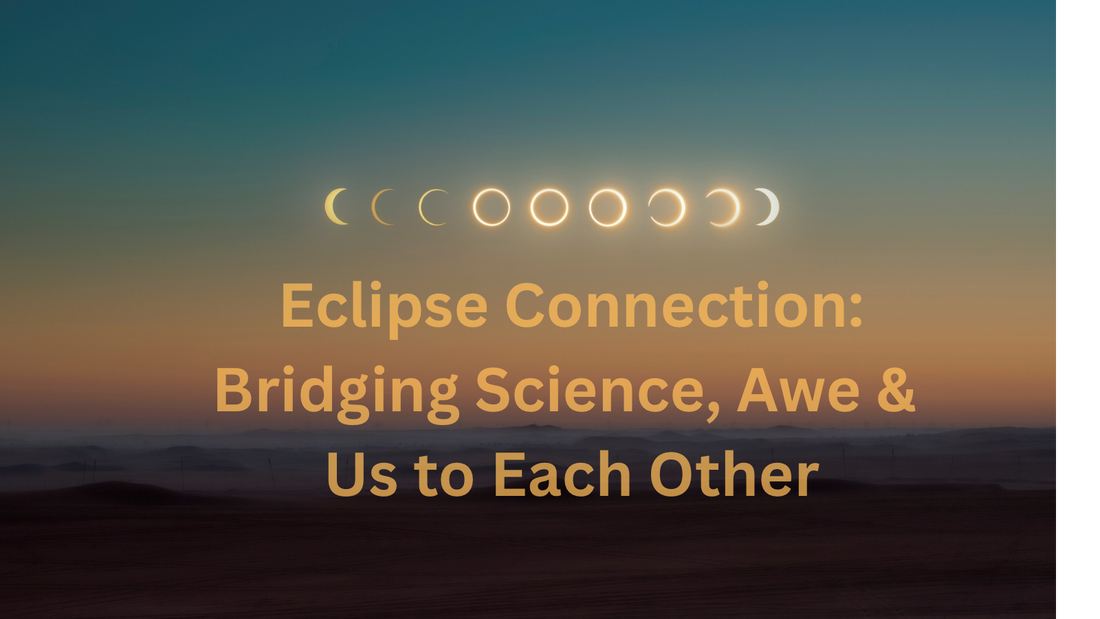
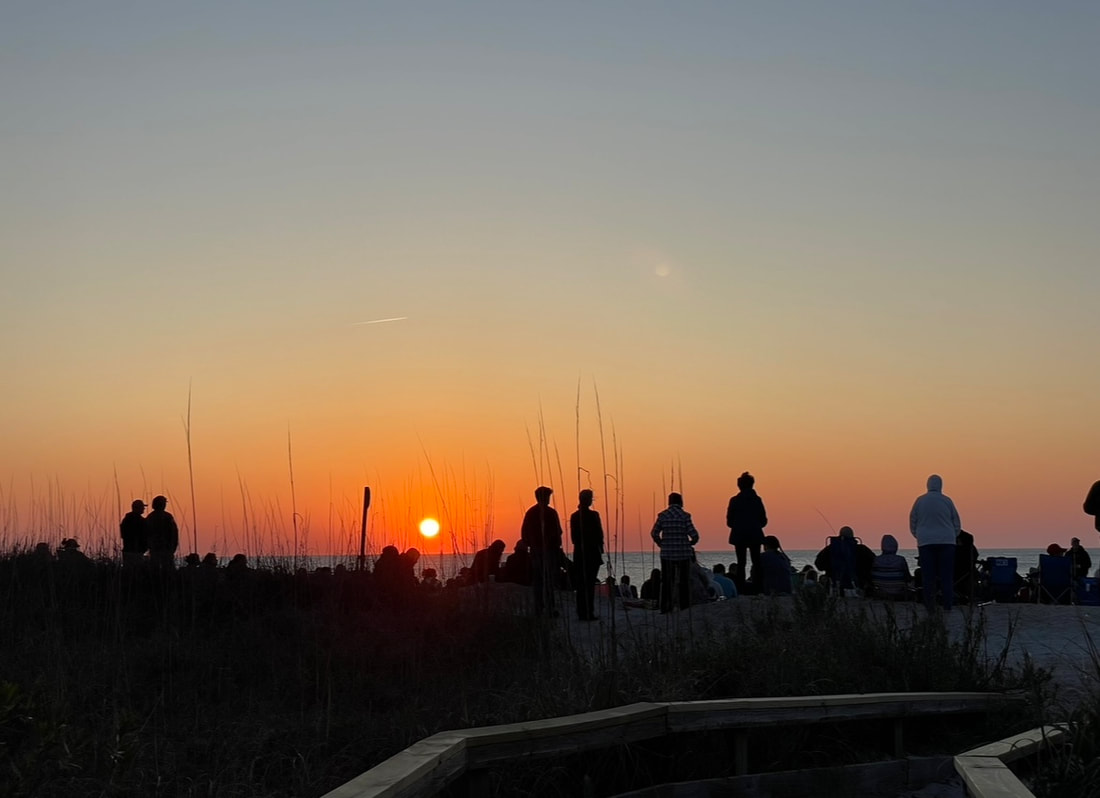
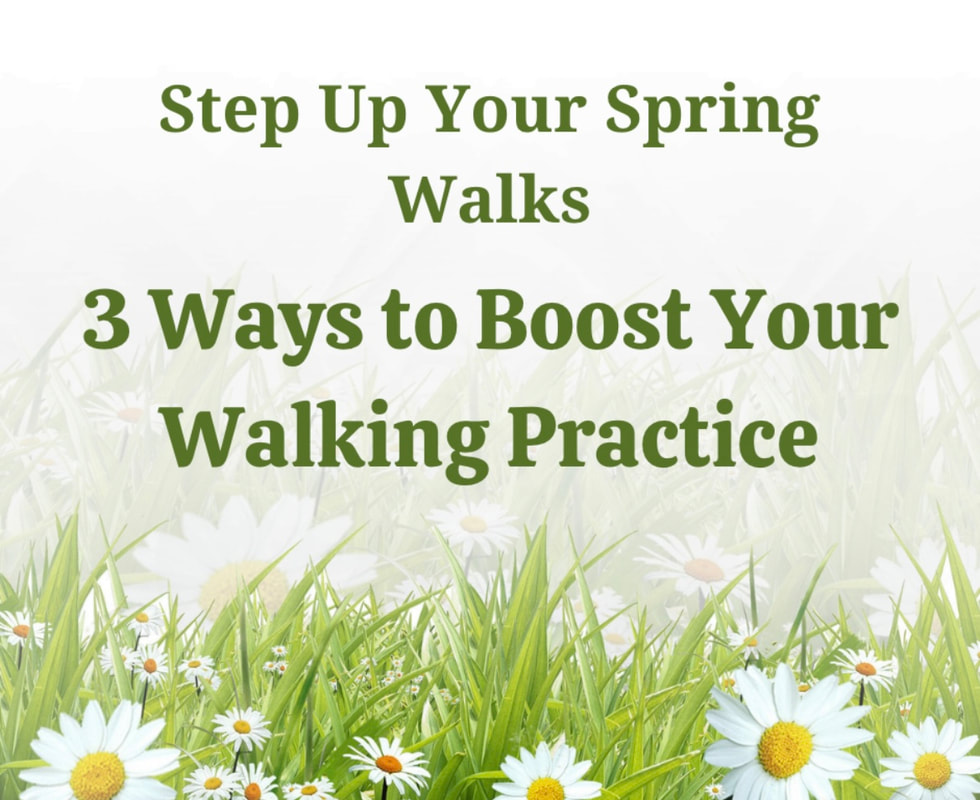
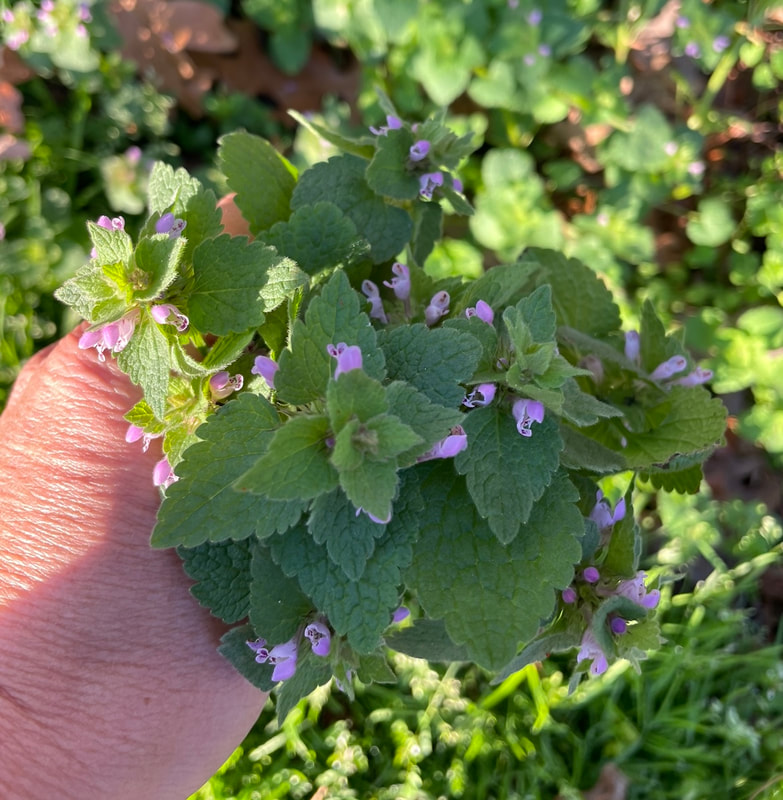
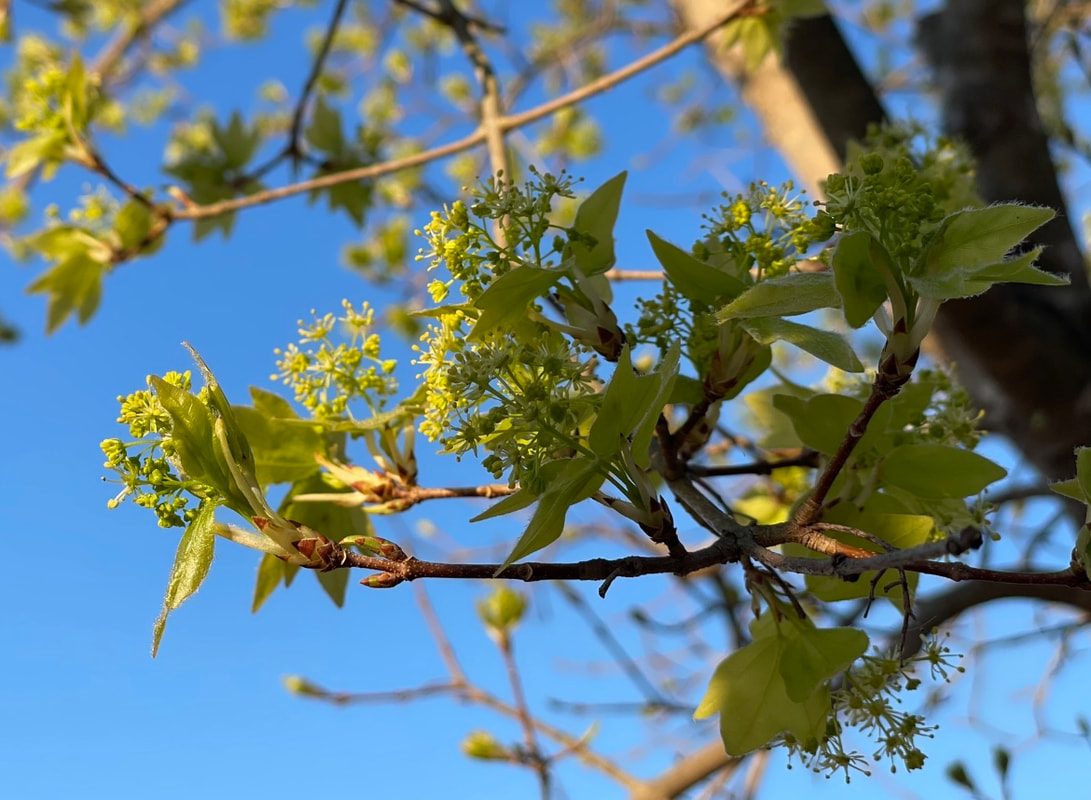
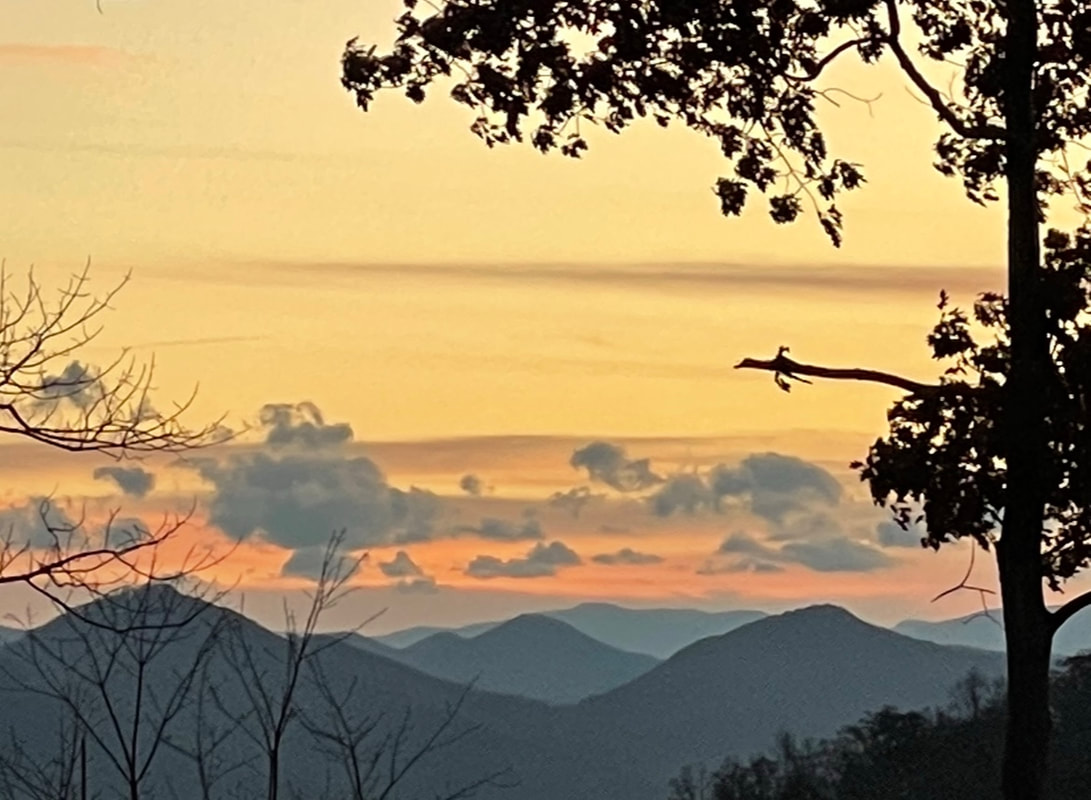
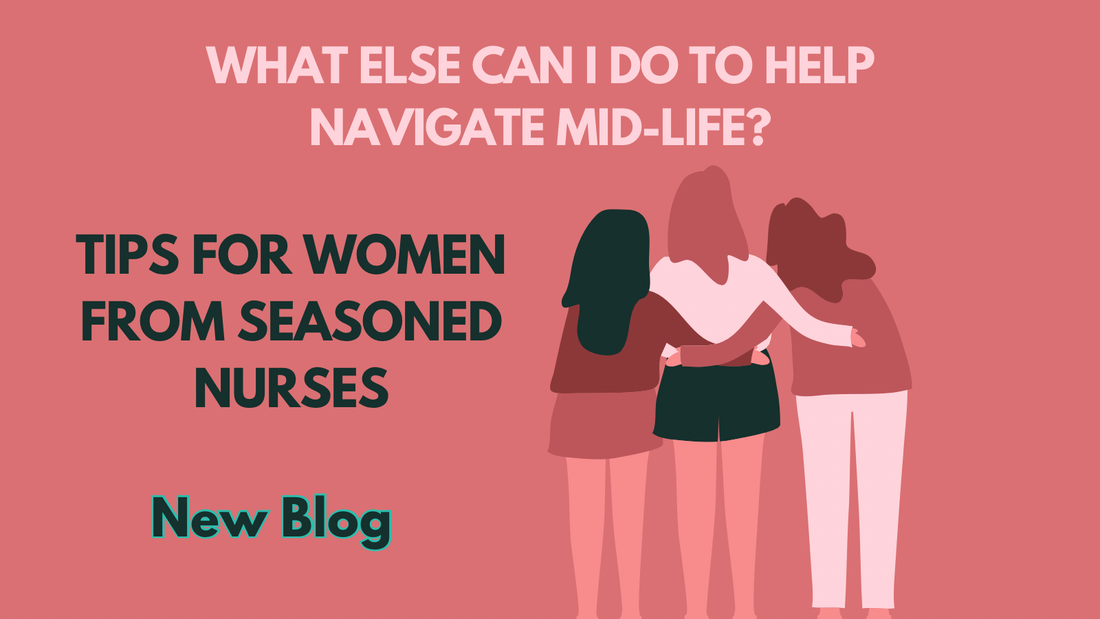
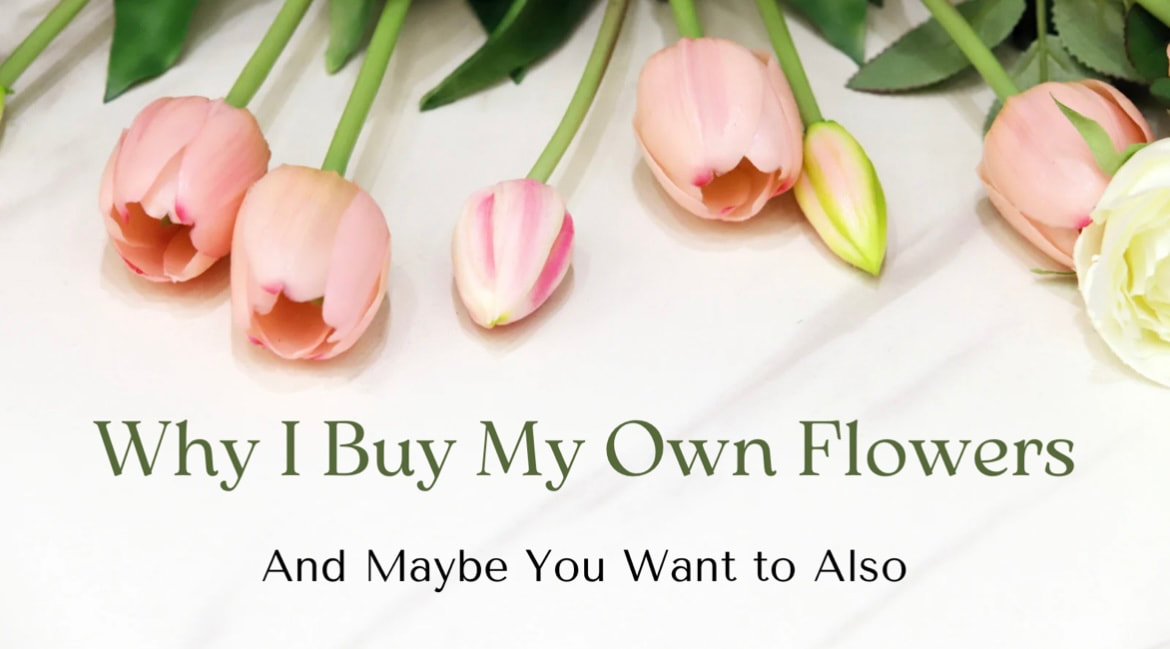

 RSS Feed
RSS Feed